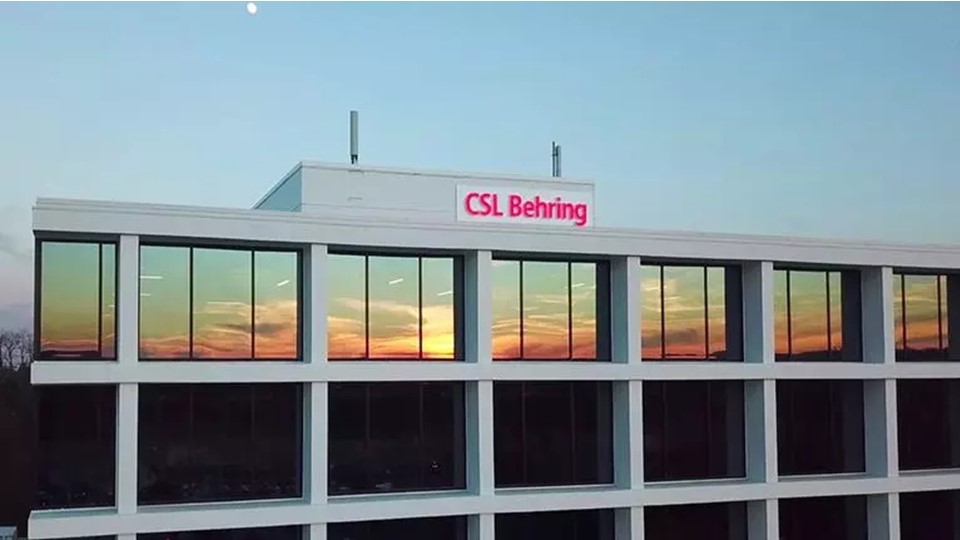Fitness
England, Denmark back CSL’s haemophilia B gene therapy

It has been a good week for CSL Behring as it rolls out haemophilia B gene therapy Hemgenix, with positive reimbursement decisions in both the UK and Denmark.
In the UK, health technology assessment agency NICE has reversed an earlier decision to reject coverage of Hemgenix (etranacogene dezaparvovec) by NHS England last year, giving a green light to its use for adults with severe or moderately severe haemophilia B without a history of factor IX (FIX) inhibitors.
Meanwhile, Denmark has become the first country in the Nordics to recommend reimbursement of Hemgenix for the same indication, opening the path to a commercial contract with Amgros, the Danish procurement authority. The Danish Medicines Council also turned down the gene therapy in earlier guidance
Hemgenix is a one-shot infusion designed to correct the deficiency in FIX and remove or reduce the need for infusions with FIX replacement therapies every few days. Some patients treated with the therapy in trials have not needed to take FIX drugs for several years.
The gene therapy has a list price of £2.6 million ($3.3 million) in the UK and DKK 21.5 million ($3.1 million) in Denmark, making it one of the most expensive therapies on the market. That upfront cost is, however, offset by the ongoing cost of FIX therapy – estimated to be up to £200,000 per patient per year for life in the UK – as well as the additional costs in healthcare needed to deliver it and manage breakthrough bleeds.
When NICE initially turned Hemgenix down, it said that, while it was clear that the gene therapy reduces the number of bleeding episodes haemophilia B patients have each year, there is not enough evidence to show how well it works in the long term.
It also said that uncertainties in an indirect comparison between the gene therapy and Factor IX replacement therapies made it difficult to decide on the drug’s cost-effectiveness.
Now, CSL Behring has agreed a managed access programme with NICE under the Innovative Medicines Fund (IMF) that will allow access while additional evidence is gathered to address those uncertainties, as well as increased monitoring for side effects.
In a statement, the company said it was a “first-of-its-kind agreement” and “represents a step forward in evaluating cell and gene therapies in the UK.” It also marks the first time that an advanced therapy medicinal product (ATMP) has used an outcomes-based payment model as described in the UK’s voluntary rebate scheme (VPAG).
“This agreement provides the NHS with the necessary assurance of value and financial protection to enable immediate funding to provide treatment for eligible patients,” added CSL Behring.
“This is a major step forward in the treatment options for people living with severe haemophilia B. It has the potential to significantly improve the quality of life of those who are eligible for such treatment,” said Clive Smith, chair of the Haemophilia Society.
“Gene therapy provides an opportunity for people to effectively eliminate painful bleeds, thereby improving joint health and allowing people to lead a full life, unrestricted by frequent infusions and trips to hospital.”
Hemgenix was also the first drug to be authorised for use under France’s recently introduced ‘direct access’ programme, which aims to shorten the time between the registration of innovative treatments and their availability to patients.


)






